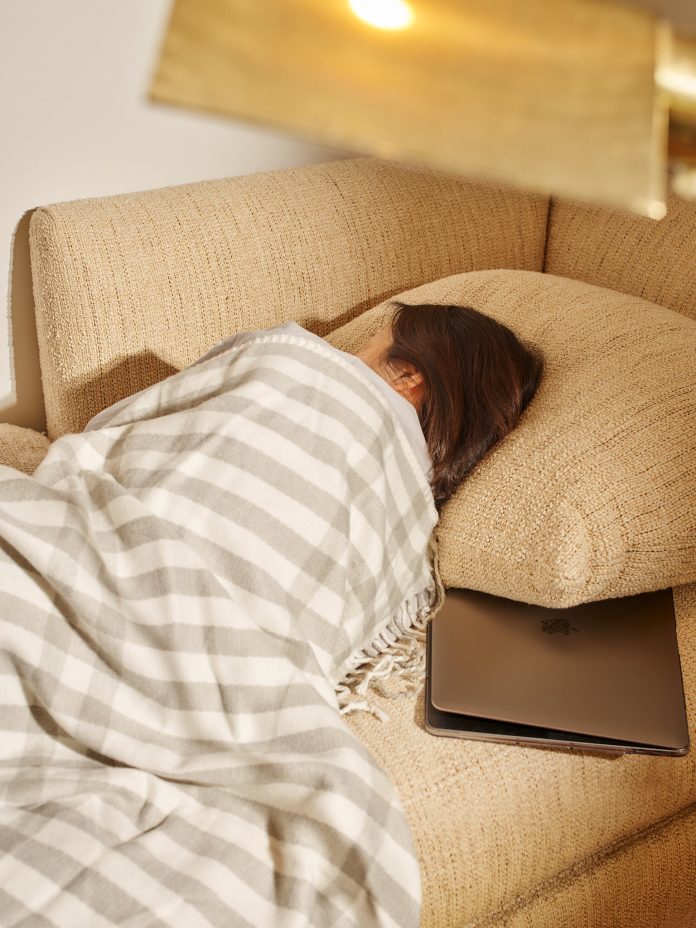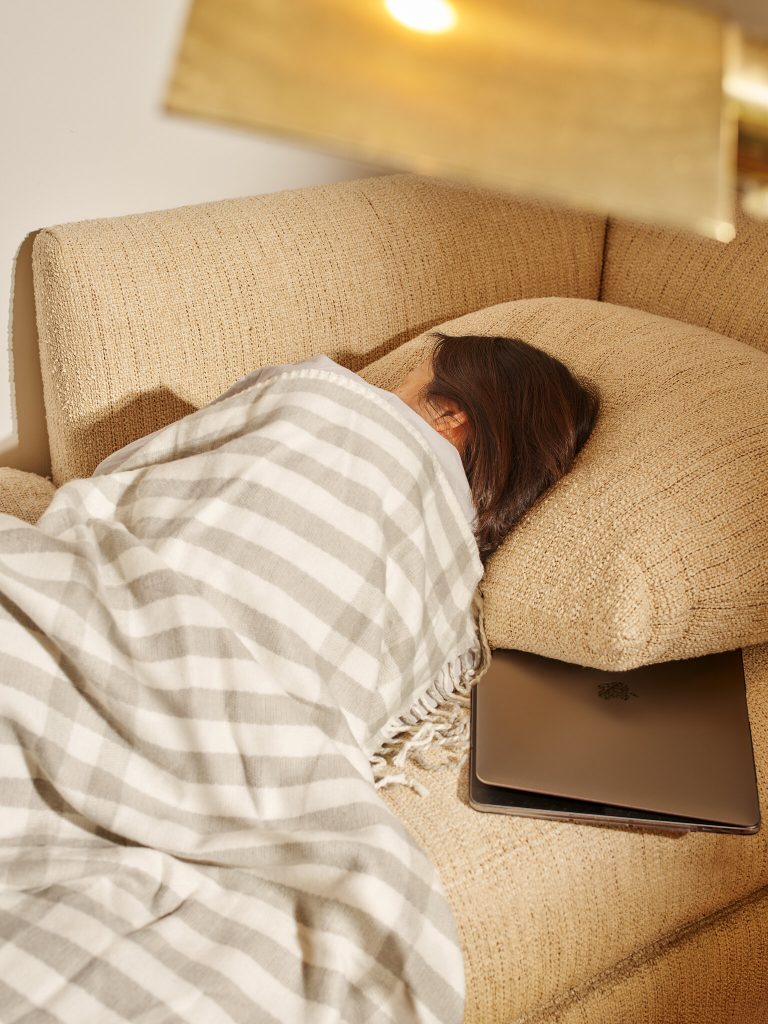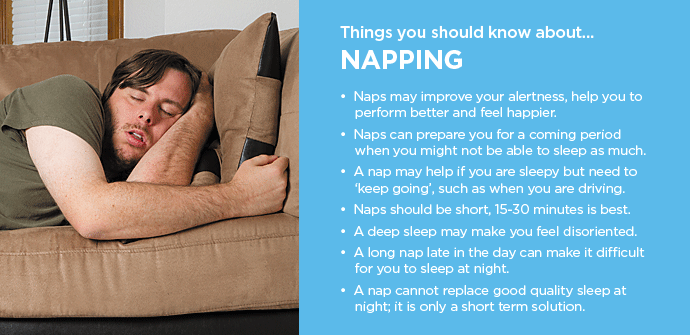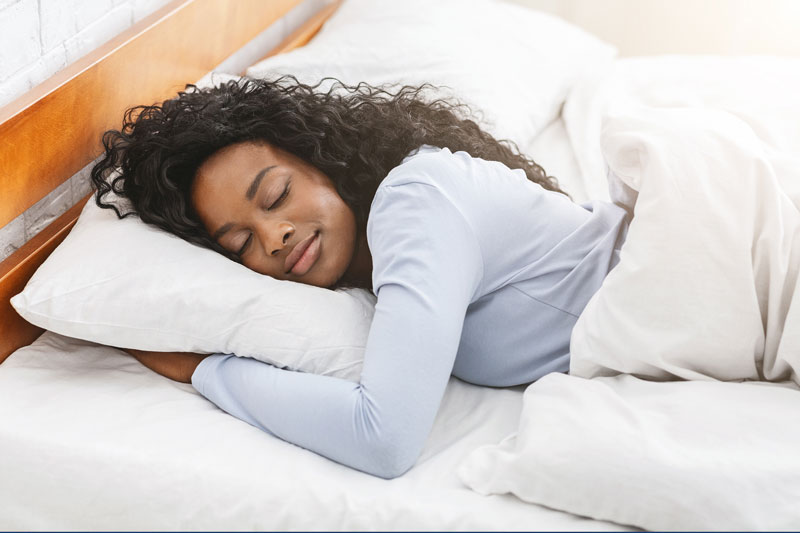Napping during the day may be a tempting remedy for fatigue, but have you ever wondered if it could disrupt your nighttime sleep?
In this article, we explore the impact of daytime napping on your sleep quality at night.
Whether you see napping as a necessary energy boost or a hindrance to your restfulness, join us as we uncover the surprising effects that napping can have on your nighttime slumber.
Review contents
The Connection Between Daytime Napping and Nighttime Sleep
Understanding the Relationship
Have you ever wondered why you sometimes struggle to fall asleep at night after taking a nap during the day? The connection between daytime napping and nighttime sleep is a topic of interest and study in sleep research.
Many factors come into play, including the impact of napping on sleep quality, the duration of the nap, and the timing. Understanding these factors allows us to optimize our napping habits to enhance our nighttime sleep.
The Impact of Napping on Sleep Quality
Napping can have a significant impact on the quality of your nighttime sleep. While a short nap can provide a quick boost of energy and alertness, longer naps can lead to sleep inertia, which is the feeling of grogginess and disorientation upon waking up.
This can disrupt your ability to sleep and maintain continuous sleep at night. Understanding the ideal nap duration and timing can help minimize the adverse effects on sleep quality.
The Role of Nap Duration
The duration of your nap plays a crucial role in its impact on nighttime sleep. Short power naps, lasting around 10 to 20 minutes, can boost alertness and performance without interfering with nighttime sleep. These short naps provide a quick recharge to combat fatigue.
On the other hand, longer naps, such as those exceeding 30 minutes, can result in sleep inertia and make it difficult to transition back into wakefulness. It is essential to consider your personal sleep needs and schedule when determining the ideal nap duration.
The Timing of Napping and its Effects on Nighttime Sleep
Timing is everything when it comes to napping. Taking a nap too close to your regular bedtime can interfere with your ability to fall asleep quickly. It is generally recommended to avoid napping late in the afternoon or early evening to preserve the natural sleep-wake cycle.
Napping earlier, preferably during the mid-afternoon slump, can help boost alertness without disrupting nighttime sleep. However, individual variations in sleep patterns need to be considered, as some people may be more sensitive to napping closer to bedtime.
Factors Affecting Sleep Quality
Sleep Debt and its Influence on Napping
Sleep debt is the cumulative amount of sleep owed or lost due to insufficient sleep over time. When you are chronically sleep-deprived, daytime napping can become a way to compensate for the lack of nighttime sleep.
However, relying solely on napping to compensate for sleep debt is not an effective long-term solution. It is important to prioritize getting adequate and quality nighttime sleep to prevent the need for excessive napping.
Individual Variations in Sleep Patterns
Everyone has unique sleep patterns and preferences. Some individuals naturally require more sleep than others, while some may be more prone to feeling sleepy or alert at different times of the day.
Understanding your sleep patterns can help you determine the optimal timing and duration of naps. Pay attention to your body’s signals and adjust your napping habits to promote better sleep quality.
Napping as a Symptom of Sleep Disorders
Daytime napping can sometimes be a symptom of underlying sleep disorders, such as insomnia or sleep apnea.
If you find yourself consistently needing to take long or frequent naps to function throughout the day, it may be worth seeking professional guidance to rule out any sleep disorders or other underlying health issues.
Addressing the root cause of excessive daytime sleepiness can improve sleep quality and overall well-being.
Benefits of Daytime Napping
Increased Alertness and Performance
One of the primary benefits of daytime napping is increased alertness and performance. When you start feeling tired or tired during the day, a brief nap can provide a quick boost of energy and help you stay focused and productive.
Napping has been shown to enhance cognitive function, reaction time, and overall mental performance. By incorporating short power naps into your daily routine, you can experience improved alertness and productivity.
Enhanced Cognitive Function
Napping has also been linked to enhanced cognitive function, including memory consolidation and problem-solving abilities. During sleep, essential information and experiences from the day are processed and stored in long-term memory.
Taking a nap allows your brain to consolidate these memories, leading to better retention and recall. Napping can benefit students and individuals engaged in mentally demanding tasks.
Stress Reduction and Emotional Well-being
Napping can serve as a natural stress reduction technique, helping to alleviate feelings of tension and fatigue. When you take a nap, your body and mind enter a state of relaxation, allowing you to recharge and reset.
This relaxation response can help reduce stress hormones, improve mood, and promote emotional well-being. Incorporating regular napping into your daily routine can be a simple yet effective self-care practice.
Potential Health Benefits
In addition to the immediate benefits of alertness and cognitive function, daytime napping has also been associated with potential long-term health benefits. Studies have suggested that regular napping may lower the risk of certain health conditions, such as heart disease, stroke, and diabetes.
However, more research is needed to establish a clear cause-and-effect relationship. Nonetheless, the potential health benefits provide an additional incentive to include napping in your daily routine.
Negative Effects of Napping
Sleep Inertia and Post-Nap Disorientation
While napping can be beneficial, it is essential to be mindful of the potential adverse effects. One common side effect of napping is sleep inertia, which is the feeling of grogginess and disorientation upon waking up from a nap.
Sleep inertia can make it challenging to transition back into wakefulness and disrupt your ability to function effectively immediately after waking up. The severity of sleep inertia can vary depending on the duration and depth of your nap.
Napping and Insomnia
For individuals who struggle with insomnia or difficulty falling asleep at night, napping can exacerbate the problem. Taking long or late naps can interfere with your ability to fall asleep quickly and maintain continuous sleep throughout the night.
It is essential to consider the impact of napping on your sleep patterns and adjust accordingly if you are experiencing insomnia or disrupted nighttime sleep.
Impact on Nighttime Sleep Quantity
Napping during the day can potentially reduce the overall quantity of nighttime sleep. If you take longer or multiple naps throughout the day, you may find it more challenging to achieve the recommended amount of sleep during the night.
It is essential to balance napping for a quick energy boost and ensuring adequate nighttime sleep to support your overall health and well-being.
Disrupted Sleep Patterns in Certain Circumstances
While daytime napping can be beneficial for many individuals, there are certain circumstances where it can disrupt sleep patterns.
For example, individuals who work night shifts or irregular schedules may need to strategically plan their naps to minimize the negative impact on nighttime sleep. Similarly, individuals sensitive to napping too close to bedtime may need to adjust their napping habits to maintain a regular sleep schedule.
Optimizing Daytime Napping for Better Nighttime Sleep
Determining the Ideal Nap Duration
Finding the ideal nap duration is essential to optimize your daytime napping without interfering with nighttime sleep.
As mentioned earlier, short power naps of 10 to 20 minutes are generally recommended to boost alertness without causing sleep inertia. Experiment with different nap durations and observe how each duration affects your energy levels and nighttime sleep. Listen to your body’s signals and adjust accordingly.
Choosing the Right Nap Time
Timing your nap correctly can significantly impact its effectiveness and effects on nighttime sleep. The ideal time for a nap is during the mid-afternoon slump, typically between 1 p.m. and 3 p.m.
This is when most individuals naturally experience a dip in energy levels. Napping during this time can help combat fatigue and enhance alertness without disrupting the natural sleep-wake cycle. However, individual variations in sleep patterns need to be considered, and you may need to adjust your nap time to suit your personal preferences.
Creating a Relaxing Nap Environment
To optimize your napping experience, creating a relaxing and conducive nap environment is essential. Find a quiet, dimly lit space to lie down and relax comfortably.
Use earplugs, eye masks, or white noise machines to block out distractions. Create a calming ambiance using cozy blankets or pillows, and ensure the room temperature is cool and comfortable. By carefully curating your nap environment, you can enhance the quality of your naps and encourage restorative sleep.
Effective Napping Techniques
You can employ several techniques to maximize the benefits of your daytime naps. One popular technique is the “coffee nap,” where you consume a cup of coffee or another caffeinated beverage before taking a short nap.
The idea behind this technique is that the effects of caffeine kick in around 20 minutes after consumption, aligning with the intended duration of a power nap.
Another technique is the “nap-a-latte,” which combines a short nap with exposure to natural daylight upon waking. This technique aims to synchronize your internal body clock and enhance alertness. Experiment with different techniques and find what works best for you.
Developing a Balanced Sleep Routine
Establishing a Consistent Sleep Schedule
Establishing a consistent sleep schedule is crucial to optimize both daytime napping and nighttime sleep. This means going to bed and waking up simultaneously every day, even on weekends.
Consistency helps regulate your internal body clock, making it easier to fall asleep and wake up naturally. By incorporating your ideal nap duration and timing into your regular sleep schedule, you can balance daytime rest and nighttime sleep.
Avoiding Excessive Daytime Sleepiness
Excessive daytime sleepiness can indicate underlying sleep issues or inadequate nighttime sleep. To minimize daytime sleepiness, prioritize getting sufficient nighttime sleep by practicing good sleep hygiene.
This includes creating a sleep-friendly bedroom environment, avoiding stimulating activities close to bedtime, and practicing relaxation techniques before sleep. Addressing any underlying causes of daytime sleepiness can reduce the need for excessive napping and improve overall sleep quality.
Implementing Healthy Sleep Habits
In addition to maintaining a consistent sleep schedule, implementing healthy sleep habits can further enhance your overall sleep quality.
These habits include avoiding stimulating substances like caffeine and nicotine before bedtime, engaging in regular exercise but not too close to bedtime, and winding down with a relaxing bedtime routine. Adopting these healthy sleep habits can establish a solid foundation for restful daytime napping and nighttime sleep.
Considering Sleep Hygiene Practices
Sleep hygiene refers to the practices and habits that promote healthy sleep. This includes maintaining a clean and comfortable sleep environment, managing light exposure, and avoiding excessive screen time before bed.
Practicing good sleep hygiene creates an optimal sleep environment that supports daytime napping and nighttime sleep. Listen to noise, temperature, and comfort to ensure the best sleep environment.
Managing Napping for Shift Workers
Understanding Circadian Rhythm Disruptions
Shift workers, such as those who work overnight or rotating shifts, often face challenges when maintaining a regular sleep-wake schedule.
This can significantly impact their ability to nap effectively without disrupting nighttime sleep. Understanding the disruptions to the circadian rhythm that shift work can cause is crucial in managing napping for shift workers.
Strategies to Minimize Nighttime Sleep Disturbances
Shift workers can employ various strategies to minimize nighttime sleep disturbances while still benefiting from daytime napping.
These strategies include creating a dark and quiet sleep environment, wearing comfortable sleep apparel, and establishing a pre-sleep routine to signal the body that it is time to wind down.
Avoiding excessive exposure to bright light during nighttime and managing caffeine intake can also help optimize daytime napping and nighttime sleep for shift workers.
Alternative Resting Approaches for Shift Workers
In addition to traditional napping, shift workers can consider alternative resting approaches to support their sleep needs. Some shift workers find segmented sleep or “split sleep” schedules beneficial, where sleep is divided into multiple shorter periods throughout the day.
Others may benefit from the strategic use of stimulants, such as caffeine, to help stay alert during work hours and time their naps appropriately. Experimenting with different resting approaches and adjusting your sleep routines accordingly can help shift workers find a balance between daytime rest and nighttime sleep.
The Role of Napping in Different Age Groups
Napping in Infants and Toddlers
Napping plays a critical role in the sleep patterns of infants and toddlers. Young children require more sleep than adults, and napping helps meet their sleep needs throughout the day.
Regular naps can support their growth and development and prevent overtiredness, leading to behavioral issues and difficulty sleeping at night. Establishing a consistent nap schedule and providing a sleep-friendly environment is critical to ensuring healthy sleep patterns in this age group.
The Impact of Napping on School-Aged Children
As children transition into the school-age years, nap requirements typically decrease. However, napping can still benefit school-aged children, especially those who experience fatigue or have demanding schedules.
Brief power naps can help boost cognitive function, increase attention span, and improve overall performance. Parents and caregivers should consider the individual needs of their children and provide opportunities for age-appropriate napping.
Napping Patterns in Adolescents
The sleep patterns of adolescents undergo significant changes due to biological and social factors. Adolescents often experience a natural shift in their circadian rhythm, leading to delayed sleep onset and a tendency for later wake-up times.
Napping can become more appealing during this development phase to compensate for insufficient sleep. However, adolescents need to prioritize nighttime sleep and use napping strategically to avoid disruptions in their sleep-wake schedule.
Napping in Older Adults
In older adults, daytime napping becomes more common due to changes in sleep architecture and increased prevalence of sleep disorders.
Aging is often associated with decreased quantity and quality of nighttime sleep, leading to daytime sleepiness. Napping can help alleviate fatigue and improve overall well-being in older adults.
However, excessive or late napping can further disrupt nighttime sleep. Older adults need to strike a balance between napping and maintaining a regular sleep routine.
Assessing Your Personal Napping Needs
Considering Individual Sleep Requirements
To determine your personal napping needs, it is essential to consider your sleep requirements. Some individuals naturally require more sleep than others, and their napping needs may also differ. Consider your age, activity level, and overall health when assessing your sleep requirements.
You can optimize your overall sleep quality and daytime functioning by finding the right balance between daytime napping and nighttime sleep.
Monitoring the Effects of Napping on Nighttime Sleep
It is crucial to monitor the effects of napping on your nighttime sleep to ensure optimal sleep quality. Pay attention to how different nap durations and timing impact your ability to fall asleep, stay asleep, and wake up feeling refreshed.
Keep a sleep diary or use a sleep tracking app to track your sleep patterns, including daytime naps and nighttime sleep. By monitoring these factors, you can identify patterns or associations affecting your sleep quality.
Seeking Professional Guidance
If you are experiencing persistent sleep issues or finding it challenging to optimize your napping habits, it may be beneficial to seek professional guidance.
Consulting with a sleep specialist or healthcare provider can help identify any underlying sleep disorders or health conditions affecting your sleep quality. They can provide personalized recommendations and strategies to help you optimize your daytime napping and improve your overall sleep.
Conclusion
In conclusion, the connection between daytime napping and nighttime sleep is complex and influenced by various factors. Understanding the impact of napping on sleep quality, the role of nap duration and timing, and individual variations in sleep patterns can help optimize your napping habits for better overall sleep.
While napping offers increased alertness, cognitive function, stress reduction, and potential health benefits, it is essential to be mindful of potential adverse effects such as sleep inertia, disrupted nighttime sleep, and insomnia.
By following strategies to optimize daytime napping, developing a balanced sleep routine, and considering individual sleep needs, you can harness the power of napping to enhance your overall well-being and sleep quality.
Remember to listen to your body, monitor the effects of napping on nighttime sleep, and seek professional guidance to prioritize and improve your sleep health.
































